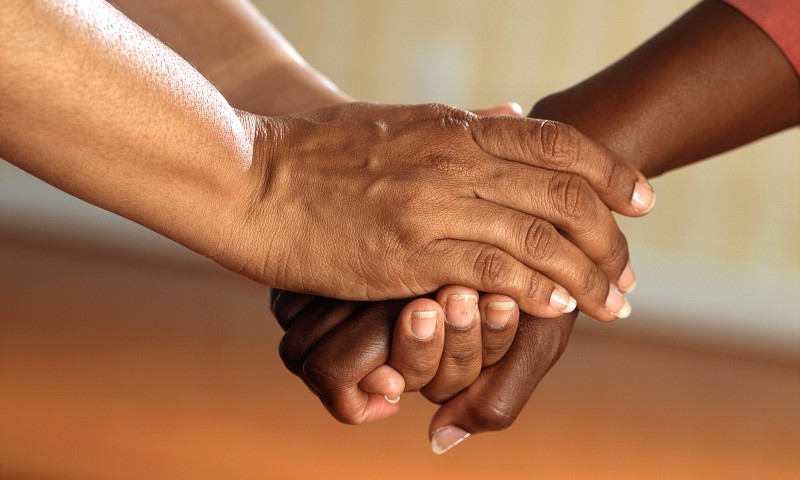Weight-loss can be a very emotional and challenging time for some people. Making the decision to “go it alone” or partake in a group therapy session may also add to your stress. You may not know what is the best direction or fit for you to take.
Please keep in mind that there is no one perfect way. It all begins with you. Let’s take a closer look at group therapy versus individual therapy, and perhaps this will make your decision making a little easier!
Group Therapy
Group therapy typically involves multiple people led by a trained professional that come together and share in the same goal. In this case, weight-loss or weight maintenance. Group therapy allows for an open forum or discussion from each person to talk about his or her personal stories.
For some, this openness provides comfort and eases your struggles with your challenges. Additionally, it allows for you to put your own problems into perspective. Group therapy may seem intimidating at first, but it can actually be a great place for support, networking and an overall place to “sound off.”
Another benefit of a group therapy session is diversity. Each and every one of us approaches and handles weight differently. Having a group of people allows for a variety of different approaches, solutions and suggestions for dealing with issues at hand. Oftentimes, we feel like we are facing these issues alone, and with group therapy, you may realize you are not alone. By seeing and hearing how others are tackling their situation and making positive changes, you may find a whole new strategy for facing your own issues and concerns.
Individual Therapy
Individual therapy, like group therapy, is typically implemented by a trained professional (usually a therapist or psychologist) to help a client work through a problem. Individual therapy varies widely depending upon the problem or issue experienced by the client, the personal beliefs and practices of the therapist, and the individual needs of the client. Again, in this case, weight.
Individual therapy may be more “personal” than group therapy because it’s a one-on-one session. The therapist may begin by asking questions to get a better understanding of your individual needs and background. This will help with the therapy and progress, so please be open and share honestly. This is for your benefit; gaining enough information about your individual needs in order to determine a course of treatment.
Together, you will determine the best plan of action and begin to work together to achieve your goals. To keep focused and consistent with the therapy, remember to keep visualizing yourself overcoming your difficulty. Please keep in mind that there is no specific length of time to achieve such goals. It depends on you and your progress, so be gentle with yourself. You are a work in progress; it may take a little time!
Conclusion
Finding the right therapy session is not as difficult as you may think. Asking your healthcare provider or using the Internet for support and information can help locate and find both group and individual therapy. You can also check with local hospitals and medical centers which often sponsor a variety of groups. Just know that whatever you choose, you are not alone. Taking the first step to getting healthy is a step in the right direction. You can do this, you are worth it and you are not alone.
About the Author:
Natalie-Jean Schiavone, PhD, has more than 15 years of experience in the healthcare industry. After receiving her Master’s degree in General Psychology, Natalie-Jean went on to complete her doctoral degree in Health Psychology, with a specialization in obesity. Dr. Schiavone conducted her research and completed her dissertation on female adolescents with obesity and their social experiences. Using her education, experience and expertise, Dr. Schiavone works with her patients to create a healthier lifestyle where knowledge is a key factor in this modification.






